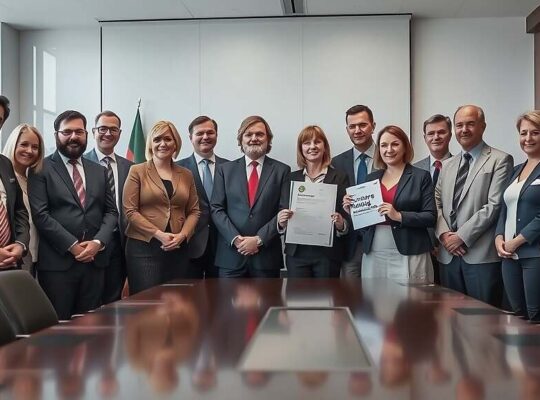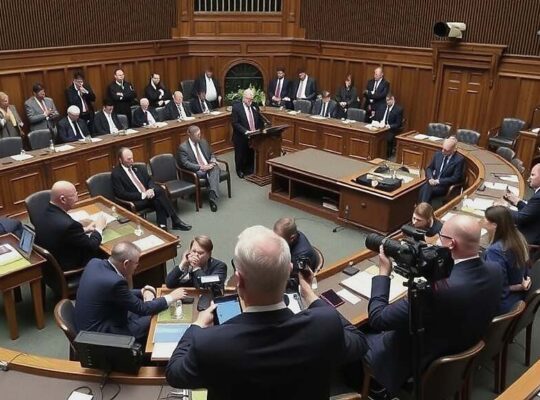A concerning surge in perceived economic threat among German businesses is signaling potential headwinds for the national economy and raising questions about the effectiveness of current government policies. New data released by the Ifo Institute reveals that 8.1% of German companies now acutely fear for their economic survival, a significant increase from 7.3% just last October.
This escalating concern points to a potentially prolonged period of high insolvency rates, according to Klaus Wohlrabe, head of Ifo’s surveys, who cautioned that the trend indicates “the number of corporate insolvencies will remain at a high level in the coming months”. The primary driver of this crisis, businesses report, is a severe lack of new orders coupled with weakening domestic and international demand.
The situation is particularly precarious across several key sectors. Retail businesses are bearing the brunt of the downturn, with a jarring 15% now expressing deep economic problems – a leap from 13.8% a year prior. Service providers are also experiencing heightened insolvency risks, with 7.6% facing threats to their existence, a marked rise from 5.8% last October. While the industrial sector and construction have seen slight improvements, the underlying pressures remain substantial, highlighting the vulnerability of these industries to global economic shifts.
The crisis is exacerbated by soaring operational and personnel costs, further squeezing already strained finances. The persistent lack of demand directly impacts revenues, pushing companies closer to the brink. Adding to the burden is a complex web of bureaucratic requirements, which many businesses describe as excessive and detrimental to their competitive edge.
This data presents a complex challenge for policymakers in Berlin. While some sectors, like construction, show minor signs of respite, the disproportionate impact on the retail and service industries, vital components of the German economy and significant drivers of employment, demands immediate and targeted intervention. Critics are already questioning whether existing support measures are sufficient and appropriately focused, arguing that a more comprehensive approach is needed to address the root causes of the crisis and ensure the long-term viability of German businesses. The continued rise in perceived existential threat signals a potentially deepening economic malaise and necessitates a critical re-evaluation of the government’s economic strategy.












